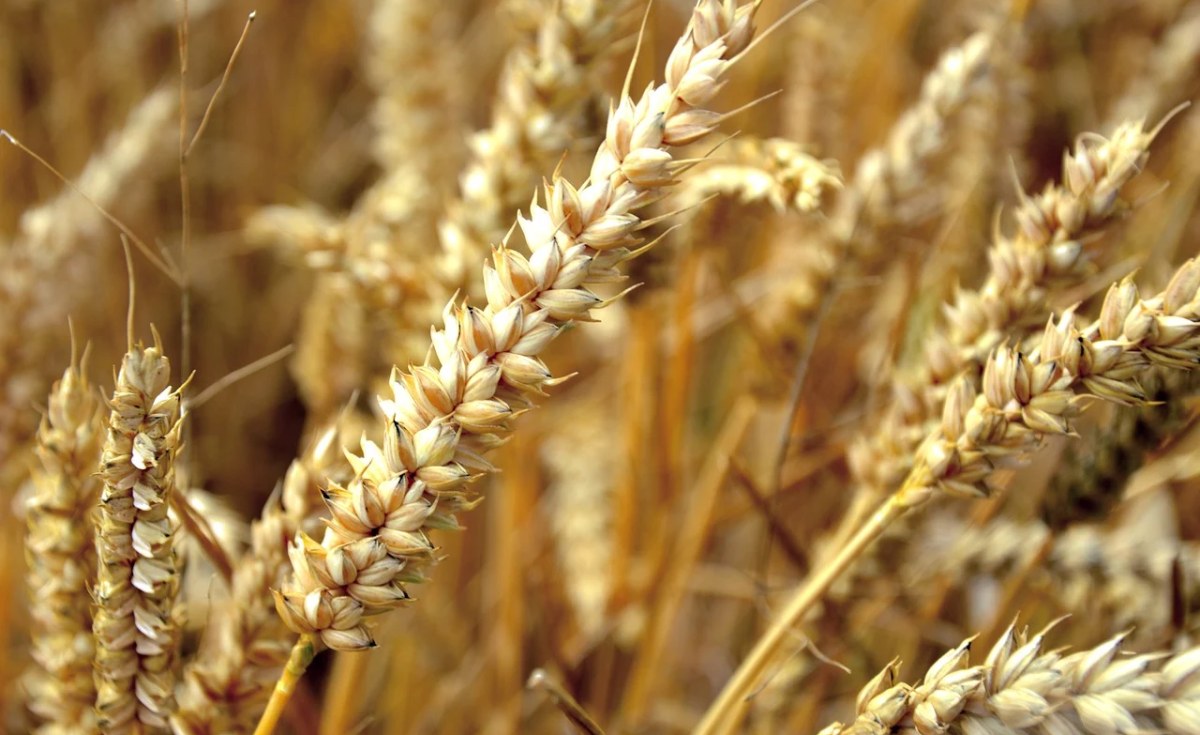[ad_1]
As the lingering scarcity of foreign exchange (FX) is hampering their ability to import raw materials, manufacturers in Nigeria are increasingly shifting towards local substitutes.
The FX scarcity in Africa’s biggest economy is helping businesses producing local substitutes increase their capacity as the demand for their products by manufacturers continues to rise.
If the momentum is sustained, it is expected to save the country billions of dollars that would have been spent on the importation of the inputs as the money will be retained in the economy and would help propel growth and development.
“When we started producing our chicken and egg powder in 2016, we reached out to a couple of manufacturers in the country who use them as raw material, but they didn’t want to buy from us since they were importing the products,” said Samuel Sewonike, the head of operations at Answer Industries Limited.
He said patronage from manufacturers had been on the rise owing to FX scarcity in recent years. “We now have these manufacturers patronising us,” Sewonike added.
Uzoamaka Igweike, chief executive officer at Loom Chocolate, said that in 2021, her company produced and sold 22,000 bags of local chocolates, with a target of producing 70,800 bags of chocolate owing to the recent surge in demand.
With the naira devaluation and importers’ inability to access FX for imports, bakers and confectionaries makers who ordinarily would buy foreign brands of chocolate for baking are now patronising local craft chocolate producers in the country.
“We are attributing our recent surge in demand to the fact that FX is difficult to come by, thus making things more expensive to import,” Igweike said.
Since the COVID-19 pandemic, Africa’s biggest economy, which depends largely on crude oil proceeds, has seen weak foreign inflows, resulting in a liquidity challenge in the country’s FX market.
In 2020, the Central Bank of Nigeria (CBN) devalued the naira twice from N306/$ to N361/$, and N379/$. Last year, the CBN also officially adopted the Nigerian Autonomous Foreign Exchange Rate as its official rate. The situation has led to serious pass-through effects on imported commodities.
This year, the Russia-Ukraine crisis has worsened the country’s FX challenges. As of Monday, July 12, the naira closed at 425.75 against the dollar at the official market 615/$1 at the parallel market.
From agro-processors to brewers and pharmaceuticals, local sourcing of inputs has been on the rise since 2015 in Africa’s most populous country.
In the food, beverage and tobacco subsector, the utilisation of local raw materials increased to 68.7 percent in the second half of 2021 from 66 percent recorded in the corresponding half of 2020, according to the Manufacturers Association of Nigeria.
“A large number of players in the manufacturing value chain now source most of their inputs locally to curtail higher production costs triggered by the lingering FX challenges,” Damilola Adewale, a Lagos-based economic analyst, said.
Read also: Join export business to save your businesses from forex crisis, expert advises importers
Baker Magunda, managing director of Guinness Nigeria plc, in a 2020 interview with BusinessDay said the brewer was investing locally to mitigate import challenges.
“We will continue to substitute imports with local production. We have moved quickly from 53 percent local sourcing two years ago to about 80 percent of total production,” he said.
Guinness, Nigerian Breweries, and others are now supplying free inputs such as improved seed varieties to farmers and also giving them technical support to boost local production of sorghum currently used as a substitute for imported bailey by the industry.
Godwin Onyekazi, president of the Nigerian Importers Integrity Association, complained about how the high exchange rate has led to further reduction of importation.
“The continuous slide of the naira against the dollar is killing importation. Already, the level of importation at the ports has slumped drastically. This has been reflected in the very low volume of work for haulage companies and clearing agents at the ports,” he said.
Helen Ajayi, marketing and communication associate at Johnvents Industries Limited, said that Nigerians are more concerned about locally produced products now than in the past.
“Over the years, we notice that the cocoa that is exported to other countries and comes back to us as processed doesn’t have the necessary nutrients that the natural cocoa seeds have, thus making us produce our cocoa and butter.”
Uzo warned that local producers should not be too relaxed and advised that they should further improve the quality and be able to compete, saying that once the FX situation improves, importers will go back to importing again which would be a disadvantage to them.

[ad_2]
Source link













